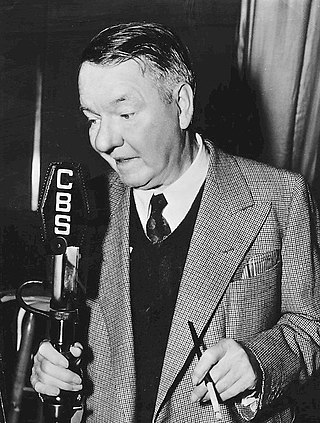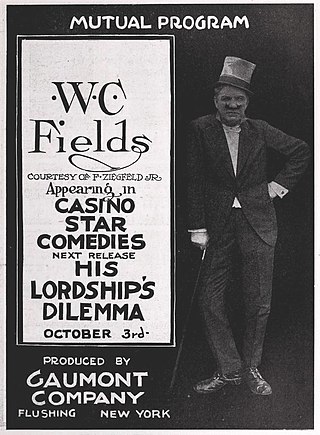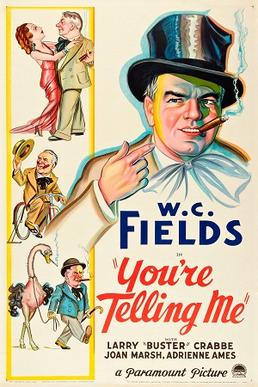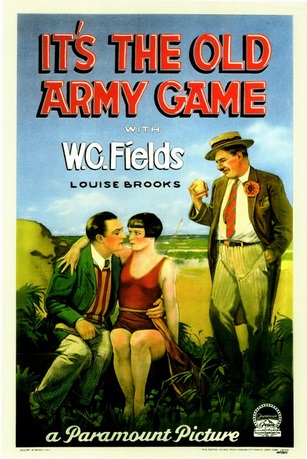
Juggling is a physical skill, performed by a juggler, involving the manipulation of objects for recreation, entertainment, art or sport. The most recognizable form of juggling is toss juggling. Juggling can be the manipulation of one object or many objects at the same time, most often using one or two hands but other body parts as well, like feet or head. Jugglers often refer to the objects they juggle as props. The most common props are balls, clubs, or rings. Some jugglers use more dramatic objects such as knives, fire torches or chainsaws. The term juggling can also commonly refer to other prop-based manipulation skills, such as diabolo, plate spinning, devil sticks, poi, cigar boxes, contact juggling, hooping, yo-yo, hat manipulation and kick-ups.

Contact juggling is a form of object manipulation that focuses on the movement of objects such as balls in contact with the body. Although often used in conjunction with "toss juggling", it differs in that it involves the rolling of one or more objects without releasing them into the air.

William Claude Dukenfield, better known as W. C. Fields, was an American actor, comedian, juggler, and writer.
The Number Painter, also known as The Mad Painter, was the title character of a series of comedy live-action short films produced for the children's television program Sesame Street. This series of slapstick films — each one ran anywhere from one minute to 90 seconds — were used to teach children number recognition, including appearance and symbolic representation of Arabic numerals, and how the number is drawn. As such, "The Number Painter" contrasted with the show's other animated and live-action number-related skits, where the primary focus was on counting.

William Joseph Mosconi was an American professional pool player from Philadelphia, Pennsylvania. Mosconi is widely considered one of the greatest pool players of all time. Between the years of 1941 and 1957, he won the World Straight Pool Championship nineteen times. For most of the 20th century, his name was essentially synonymous with pool in North America – he was nicknamed "Mr. Pocket Billiards" – and he was among the first Billiard Congress of America Hall of Fame inductees. Mosconi pioneered and regularly employed numerous trick shots, set many records, and helped to popularize pool as a national recreation activity.

A billiard ball is a small, hard ball used in cue sports, such as carom billiards, pool, and snooker. The number, type, diameter, color, and pattern of the balls differ depending upon the specific game being played. Various particular ball properties such as hardness, friction coefficient, and resilience are important to accuracy.
The art of juggling has existed in various cultures throughout history. The beginning is uncertain. The first depictions were found in ancient Egypt, China, Greece, and Rome, as well as medieval and modern societies.

Jesse Louis Lasky was an American pioneer motion picture producer who was a key founder of what was to become Paramount Pictures, and father of screenwriter Jesse L. Lasky Jr.

Red's Dream is a 1987 American animated short film written and directed by John Lasseter and produced by Pixar. The short film, which runs four minutes, stars Red, a unicycle. Propped up in the corner of a bicycle store on a rainy night, Red dreams of a fantasy where it becomes the star of a circus. Red's Dream was Pixar's second computer-animated short following Luxo Jr. in 1986, also directed by Lasseter.
A claw is a sharp growth at the end of a toe or finger.
Keith William Everson was an English-American archivist, author, critic, educator, collector, and film historian. He also discovered several lost films. Everson's given first names were Keith William, but he reversed them so that "William K." would mimic the name of Hollywood director William K. Howard, whom he admired.

The Golf Specialist is a 1930 pre-Code comedy short subject from RKO Pictures, starring W. C. Fields. It was his first talkie. The film was shot in Fort Lee, New Jersey when many early film studios in America's first motion picture industry were based there in the early part of the 20th century.

Losharik is a 1971 Soviet animated film. It was directed by Ivan Ufimtsev, with the screenplay by Gennady Tsyferov and Genrikh Sapgir.

His Lordship's Dilemma is a 1915 silent short comedy film produced by the Gaumont Film Company and distributed by the Mutual Film Corporation. The film stars W.C. Fields as a remittance man, and part of the film includes an adaptation of the comedian's famous golf routine. It was directed by William F. Haddock.

You're Telling Me! is a 1934 pre-Code comedy film directed by Erle C. Kenton and starring W.C. Fields. It is a remake of the silent film So's Your Old Man (1926), also starring Fields. Both films are adapted from the story Mr. Bisbee’s Princess by Julian Leonard Street. It was released by Paramount Pictures.

It's the Old Army Game is a 1926 American silent comedy film starring W. C. Fields and Louise Brooks. The film was directed by Eddie Sutherland and co-stars Sutherland's aunt, the stage actress Blanche Ring in one of her few silent film appearances. The film is based on the revue The Comic Supplement by Joseph P. McEvoy and Fields, and included several skits from Fields' stage plays. The "army game" in the title is in reference to a shell game, a confidence trick which Fields’ character observes being played. "It's the old army game," he says, sagely.

Stage Fright is a 1997 stop-motion short film produced, directed, and written by Steve Box. The story follows Tiny, a vaudeville performer, Arnold Hugh, a silent film actor, and Tiny's co-worker Daphne, as they attempt to adjust to the coming age of film. All of the characters are voiced by Graham Fellows. The short film is eleven minutes in length, and won a BAFTA Award for Best Animated Short Film in 1998.

Edwin Middleton (1865–1929) was a film director in the United States.

Aaron Crawford "Bud" Ross was an American actor, comedian, and screenwriter.















